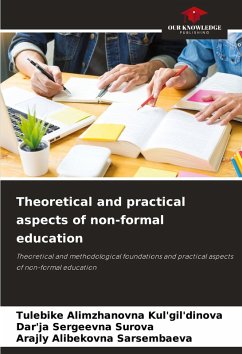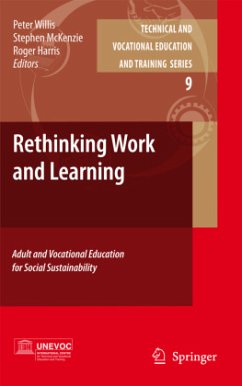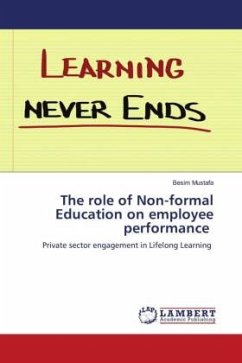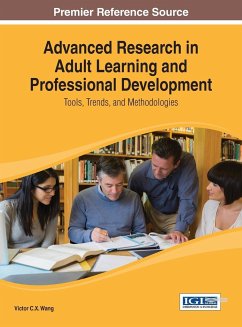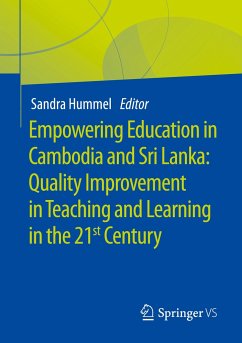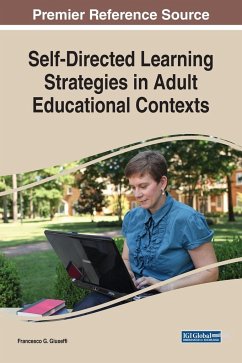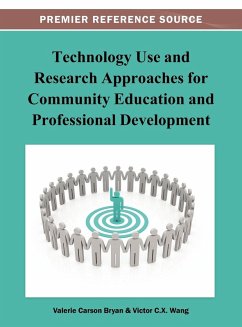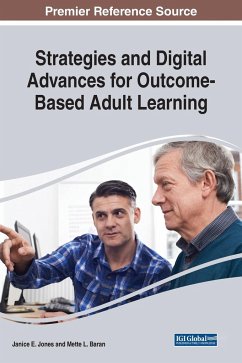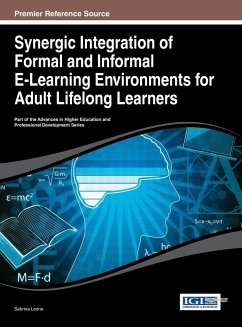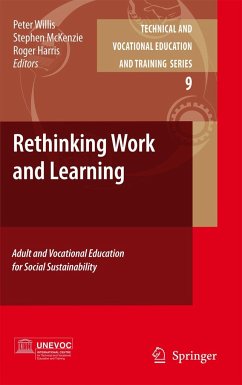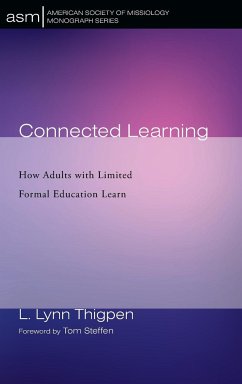
Connected Learning
Versandkostenfrei!
Versandfertig in 1-2 Wochen
40,99 €
inkl. MwSt.
Weitere Ausgaben:

PAYBACK Punkte
20 °P sammeln!
How does the world's oral majority--adults with limited formal education (ALFE)--really prefer to learn? Few pause long enough to ask those who eschew print. The result of scholarly research and prolonged immersion in the Cambodian culture, Connected Learning exposes the truth about orality--the shame associated with limited formal education; the unfortunate misnomer that is orality; the place of spirituality, grace, and hope; and the obvious but overlooked learning preferences. ALFE have different ways of learning and knowing, a different epistemology and culture from print learners, even tho...
How does the world's oral majority--adults with limited formal education (ALFE)--really prefer to learn? Few pause long enough to ask those who eschew print. The result of scholarly research and prolonged immersion in the Cambodian culture, Connected Learning exposes the truth about orality--the shame associated with limited formal education; the unfortunate misnomer that is orality; the place of spirituality, grace, and hope; and the obvious but overlooked learning preferences. ALFE have different ways of learning and knowing, a different epistemology and culture from print learners, even though we all begin alike. The choice is not between Ong's orality or literacy, but between learning from people or from print. Dr. Thigpen, a veteran cross-cultural worker, shares remedies for the hegemony and inequities unwittingly fostered by the literate minority. In a dominant culture where learning from people is prime, how can educators with a preference for print adapt? Providing an important tool in the Learning Quadrants diagram, Connected Learning advises teaching to the quadrant and calls for seven necessary shifts in teaching. Anyone versed in orality will admit these findings have ""global implications and applications"" (Steffen). The reader who heeds will positively impact a huge portion of humanity.





